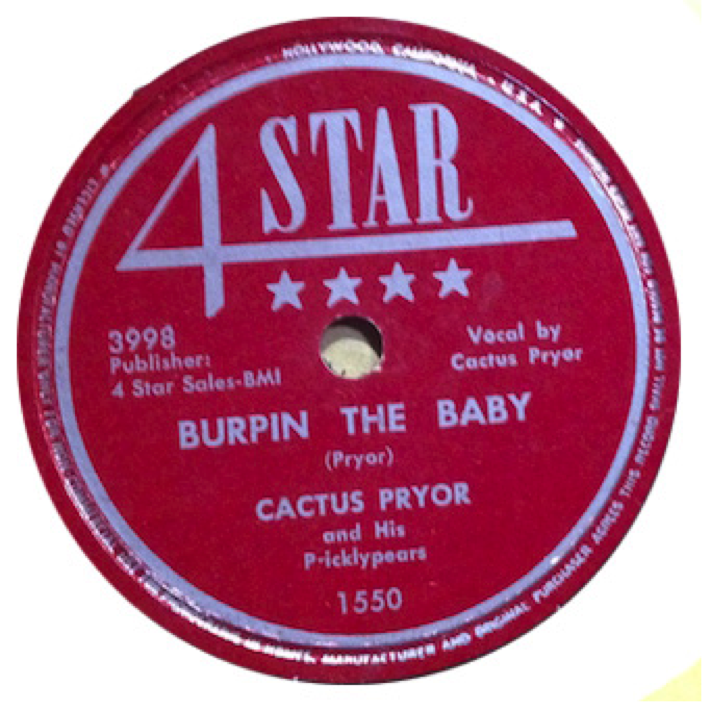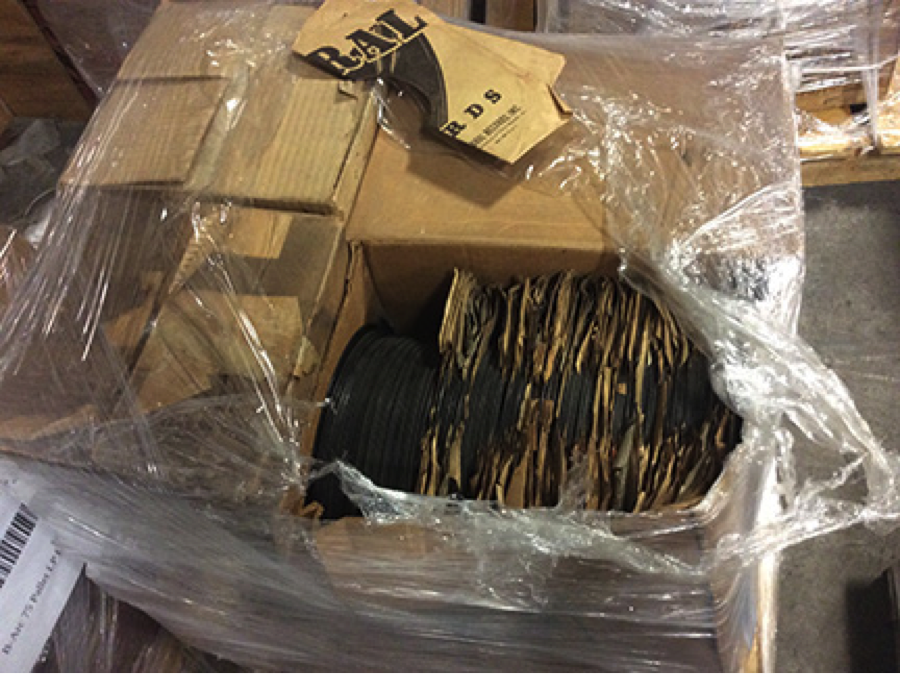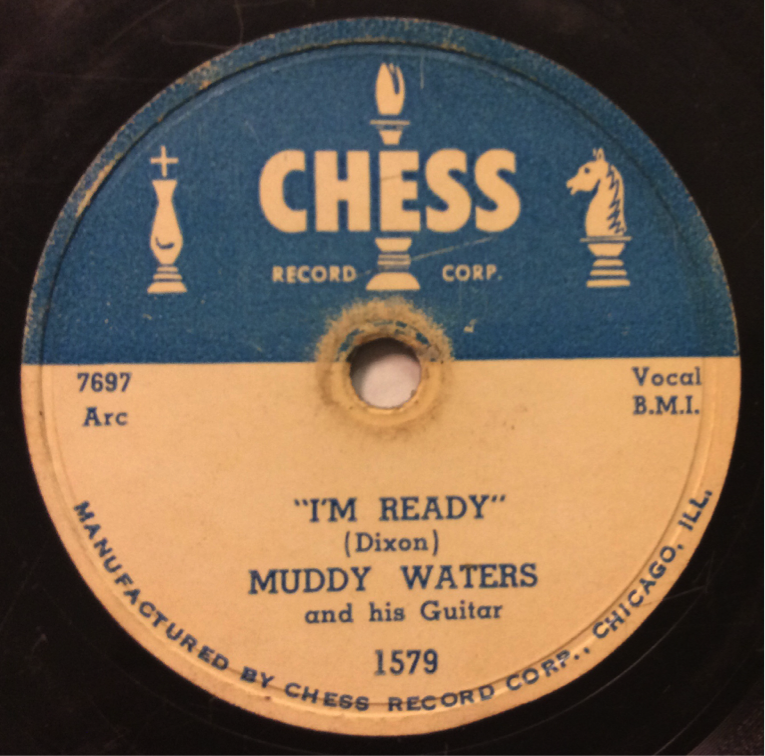The following entry is by Simon Carless, who worked for the Internet Archive in the early 2000’s before moving on to work in media and conferences, while simultaneously maintaining collections at the Internet Archive and running the for-free game information site Mobygames.
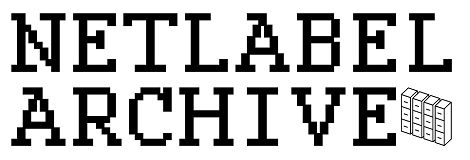 It’s fascinating that the early Internet era (digital) data can sometimes be trickier to preserve & access than pre-Internet (analog) data. A prime example is the amazing work of the Netlabel Archive, which I wanted to both laud and highlight as ‘digital archiving done right’.
It’s fascinating that the early Internet era (digital) data can sometimes be trickier to preserve & access than pre-Internet (analog) data. A prime example is the amazing work of the Netlabel Archive, which I wanted to both laud and highlight as ‘digital archiving done right’.
Created in 2016 by the amazing Zach Bridier, the Netlabel Archive has preserved the catalogs of 11 early ‘netlabels’ and counting, a number of which involve music that was either completely unavailable online, or difficult to listen to online. One of these netlabels is the one that I ran from 1996 to 2009, Mono/Monotonik. So obviously, I’m particularly delighted by that project. But a number of the other netlabels are also great and previously tricky to access, and I’m even more excited for those. (Reminder: all these netlabels freely distributed their music at the time, which makes it a great thing to archive and bring back.)
The nub of the problem around early netlabels – particularly from 1996 to 2003 – is due to PCs & the Internet (& pre-Internet BBSes!) just not being fast enough or having enough storage to support MP3 downloads at that time.
So this early netlabel music – on PCs and even other computers like Commodore Amigas – was composed in smaller (in kB!) module files, which was composed and played on computers by using sample data and MIDI-style ‘note triggering’ with rudimentary real-time effects. This allows 5-minute long songs to be just 30kB-300kB in size, versus the 5mB or more that a MP3 takes.
For the more recent history of netlabels, I founded the Netlabels collection at the Internet Archive back in 2003, and that’s grown to hold over 65,000 individual music releases – and hundreds of thousands of tracks – by 2016. But the Internet Archive’s collection was largely designed to hold MP3 and OGG files, and so the early .MODs, .XMs and .ITs were not always preserved as part of this collection – and they were certainly not listenable to in-browser.
Additionally, there were a number of netlabels that used their own storage instead of the Internet Archive’s, even after 2003. But if it disappeared, their data disappeared with it, and music files are generally large enough not to be archived by the saintly Wayback Machine.
So if early netlabel archives exist, it was as ZIP/LHA archives on Scene.org or other relevant demoscene FTP sites. (Netlabels were spawned from the demoscene to some extent, since demo soundtracks use the same format of .MODs and .XMs.) And tracker music is annoyingly hard to play on today’s PCs and Macs – there are programs (such as VLC & more specialist apps) which do it, but it’s not remotely mainstream & not web browser-streamable.
So what Zach has done is keep the original .ZIP/.LHA files, which often had additional ASCII art & release info in them, save the .MODs and .XMs, convert everything to .MP3, painstakingly catalog all of the releases, and then upload the entire caboodle (both original and converted files) to both the Internet Archive and additionally to YouTube, where there are gigantic playlists for each label. So there’s now multiple opportunities for in-browser listening & the original files are also properly preserved.
This means we can now all easily browse and listen to the complete catalog of Five Musicians, a seminal early global PC tracker group/netlabel, as well as the super-neat Finnish electronic music netlabel Milk, the aggressive chiptune/noise label mp3death, and a host of others. And I recently uploaded a rare FTP backup from 1998 which allowed him to put up the 10 releases (that we know about!) from funky electronic netlabel Cutoff. These may have been partially online in databases like Modland, but certainly weren’t this accessible, complete, or well-collected.
What’s somewhat crazy about this is that we’re not even talking about ancient history here – at most, these digital files are 20 years old. And they’re already becoming difficult to access, listen to, or in a few cases even find.
For example, I had to dig deep into backup CD-ROMs to find some of the secret bootleg No’Mo releases that we deliberately _didn’t_ put on the Mono website back in 1996 – opting to distribute them via BBSes instead. These files literally didn’t exist on the Internet any more, despite being small and digital-native.
I think that’s – hopefully – the exception rather than the rule. But without diligent work by Zach (much kudos to him!) & similar work by other citizen digital activists like the 4am Apple II archiver, Jason Scott (obviously!) and a host of others, we’d have issues. And we may need more help still – some of this digital-first materials may disappear permanently, as the CD-ROMs or other media they are on become unreadable.
But we’re still doing a PRETTY good job on preservation, especially with CD-ROMs being ingested in massive amounts onto the Internet Archive regularly. (I’m working with MobyGames & another to-be-announced organization on preserving video game press CD-ROMs on Archive.org, for example, and Jason Scott’s CD-ROM work is many magnitudes larger than mine.)
Yet I actually think contextualization and access to these materials is just as big a problem, if not bigger. Once we’ve got this raw data, who’s available to look through it, pick out the relevant stuff, and make it easily viewable or streamable to anyone who wants to see it? That’s why the game art/screenshots on those press CD-ROMs is also being extracted and uploaded to MobyGames for easy Google Images access, and why Netlabel Archive’s work to put streamable versions of the music on Archive.org and YouTube is so vital. (And why playable-in-browser emulation work is SO very important!)
In the end, you can preserve as much data as you want, but if nobody can find it or understand it, well – it’s not for naught, but it’s also not the reason you went to all the trouble of archiving it in the first place. And the fact the Netlabel Archive does both – the preserving AND the accessibility – makes it a gem worth celebrating. Thanks again for all your work, Zach.




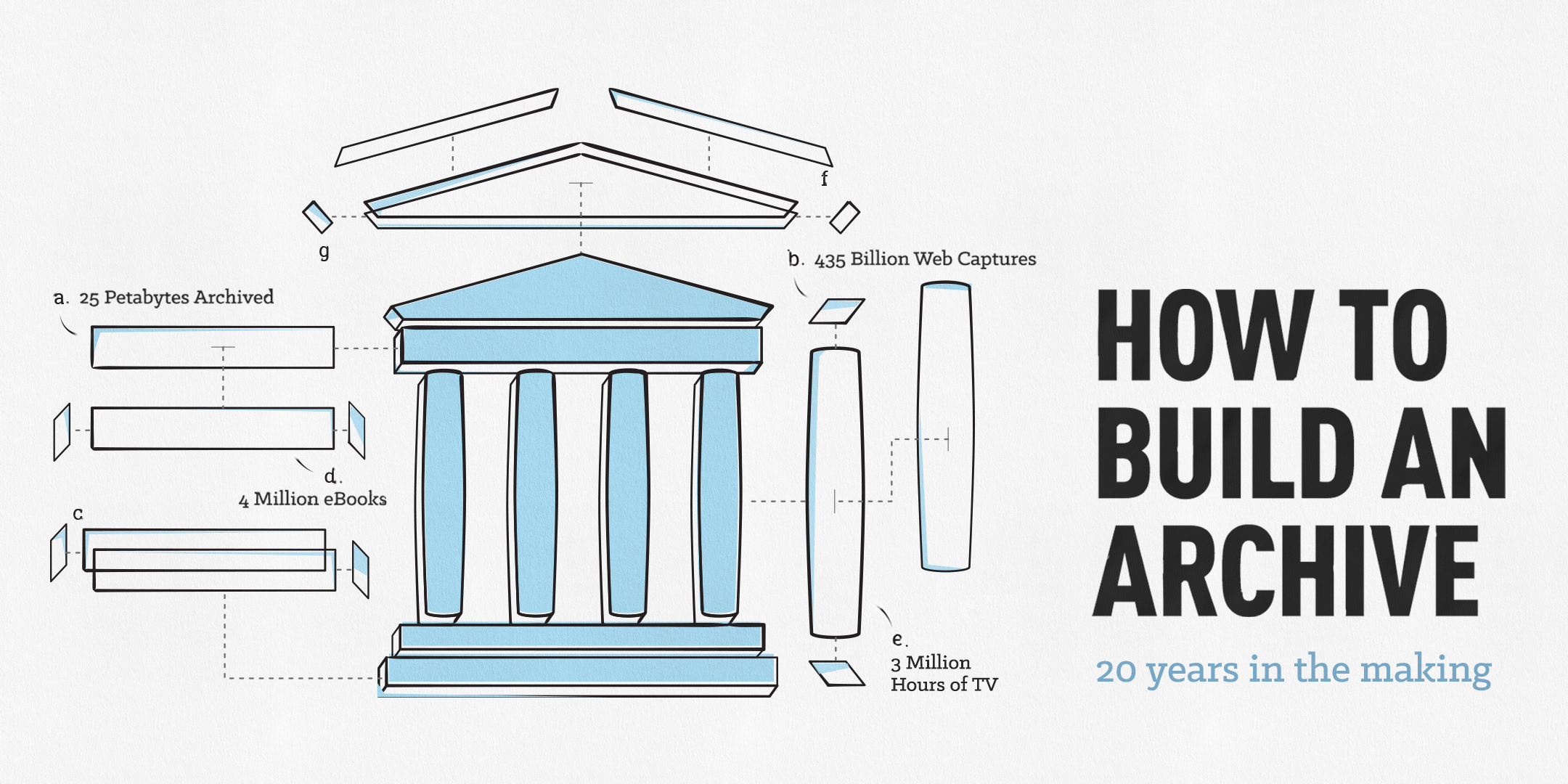
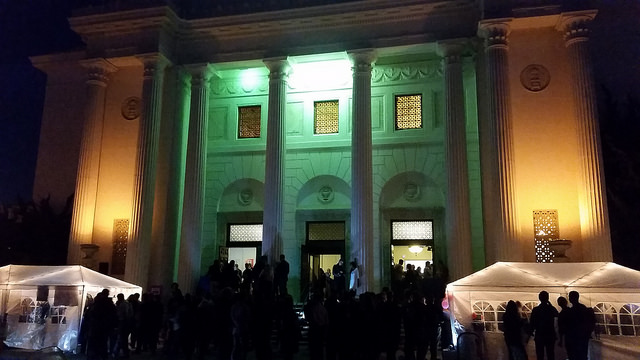
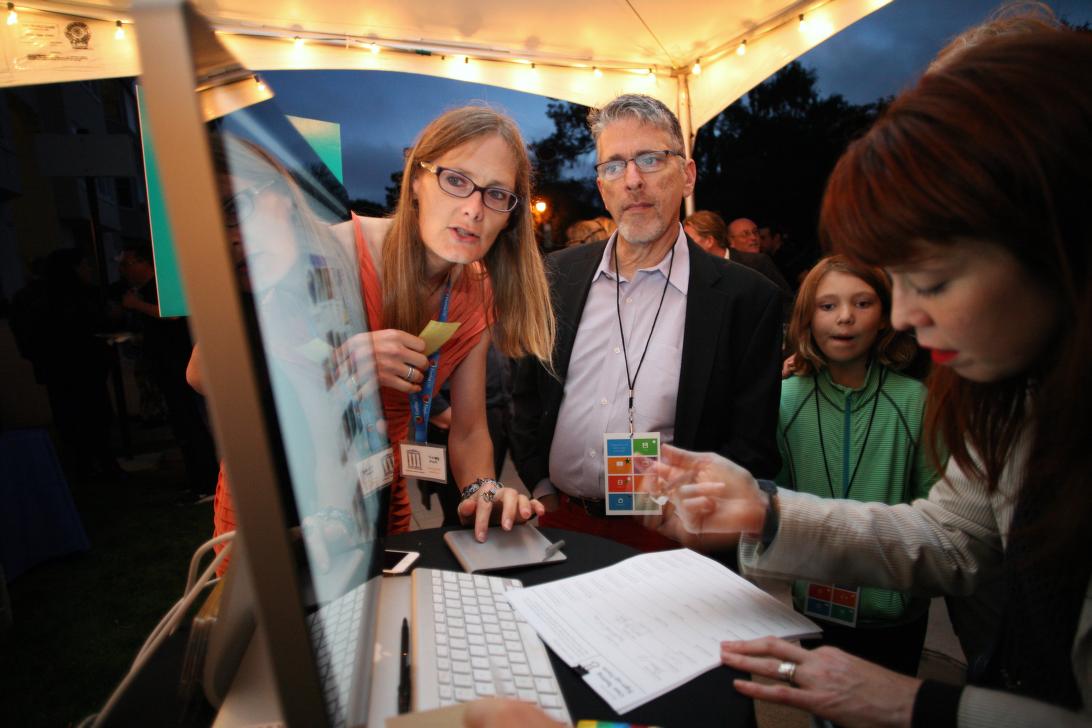
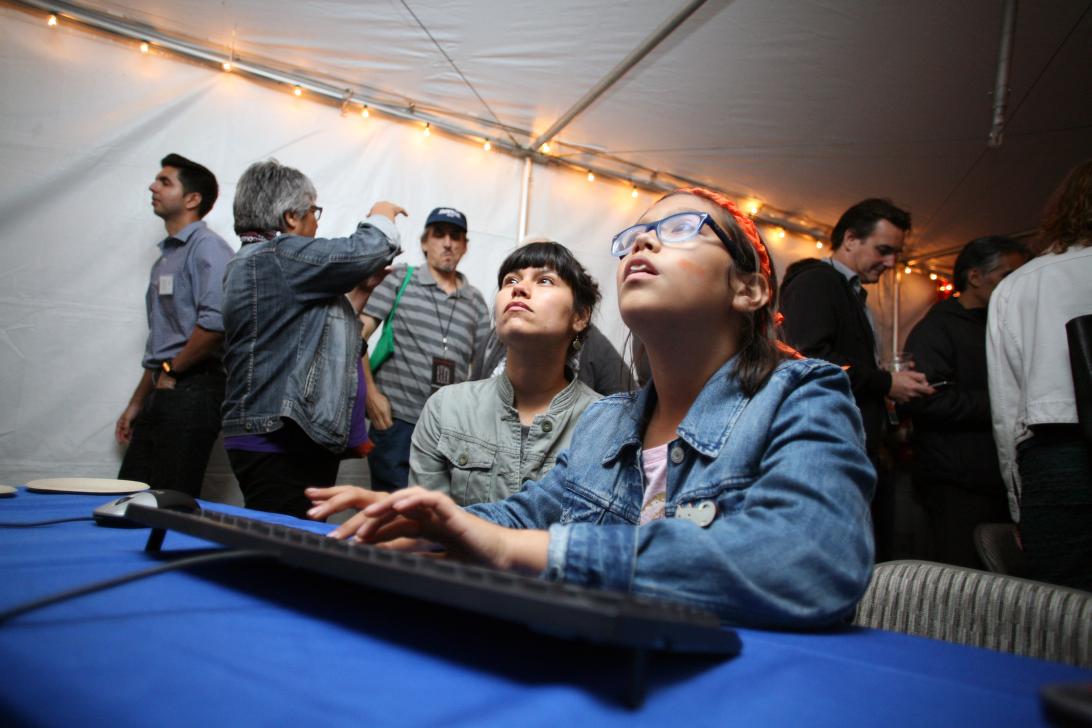 Wednesday, October 26th
Wednesday, October 26th Last Friday, the Internet Archive and several of our library, archive, and museum partners sent a
Last Friday, the Internet Archive and several of our library, archive, and museum partners sent a 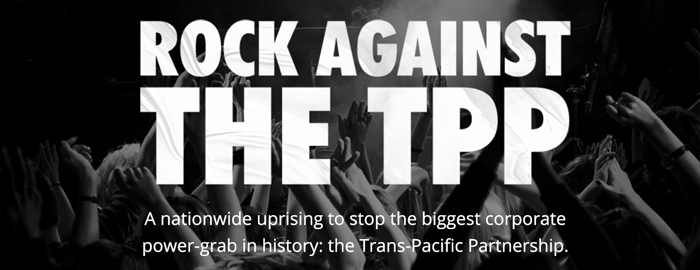
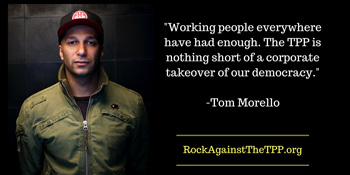
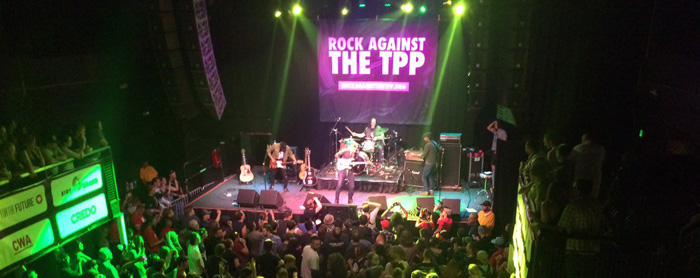

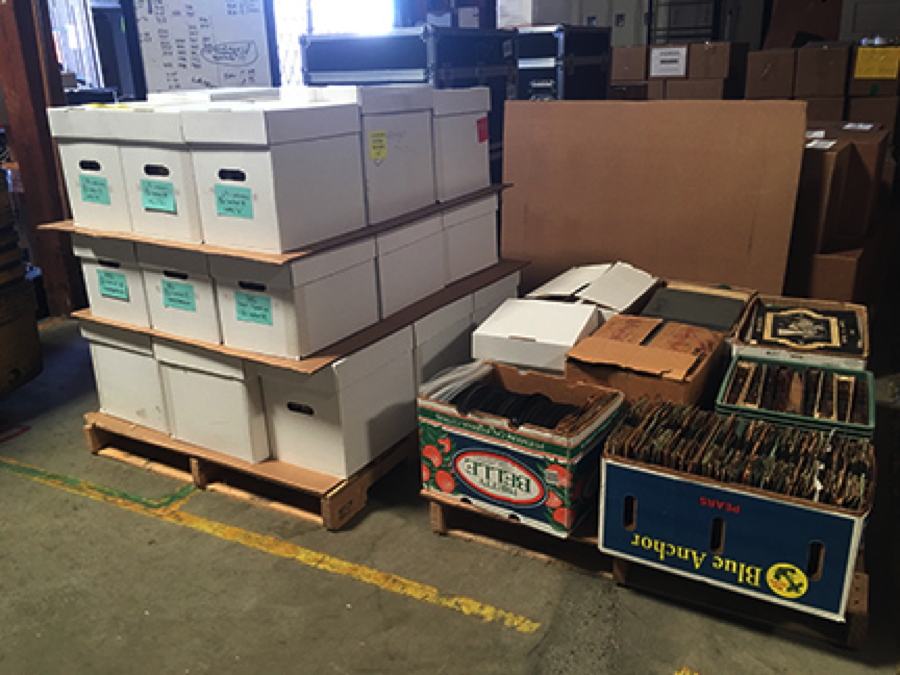 The trick to repacking in a timely fashion is to not look at the records. It’s a trick that is never performed successfully. Handling fragile 78s requires grabbing one or just a few at a time. So we’re endlessly reading the labels, sleeving and resleeving, all the time checking for rarities, breakage and dirt.
The trick to repacking in a timely fashion is to not look at the records. It’s a trick that is never performed successfully. Handling fragile 78s requires grabbing one or just a few at a time. So we’re endlessly reading the labels, sleeving and resleeving, all the time checking for rarities, breakage and dirt.
